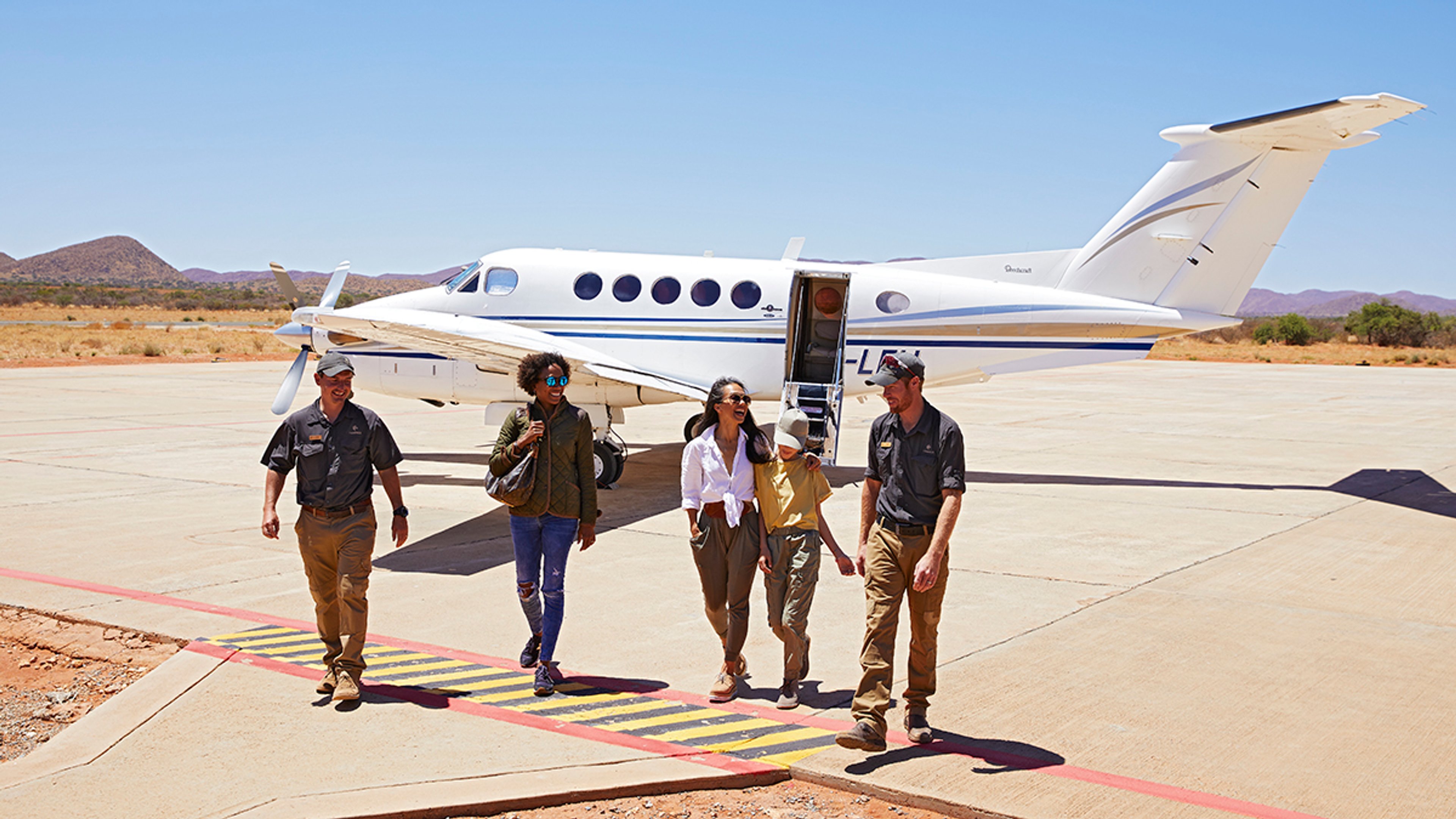Tips for Having the Safest Safari in Africa
Africa's allure is a testament to its diversity. Having a safe safari experience begins with choosing the right experts to plan it, but also requires having respect for your surroundings. While safety is a priority on safari, you are still coming in close proximity to untamed wildlife, including some of the more dangerous animals in Africa, including:
- Hippopotamus
- Buffalo
- Lions
- Elephants
It is essential to follow proper wildlife etiquette and listen to ROAR AFRICA’s experienced guides on your safari adventure. Regardless of whether you are on a walking safari or observing game from a safari vehicle, you must always stay vigilant and be respectful of wildlife. After all, you are a guest in their environment and remaining quiet and still while in the presence of animals ensures the animals also remain calm and gifts you the most wonderful up-close encounters.
Of course, some might say the most dangerous animal in Africa is not the large creature one envisages, but an insect. The anopheles mosquito can indeed transmit malaria. However, malaria is altitude-dependent and there are multiple destinations where it’s not a risk at all. If visiting a malaria zone, it’s important to follow the advice and take appropriate precautions, including perhaps taking anti-malarial tablets, using insect repellent, wearing long-sleeved shirts outdoors at night and sleeping under a mosquito net.
Logistics and Planning an African Safari
There is no one way to plan a luxury African safari. A visit to South Africa’s Mother City, cosmopolitan Cape Town is vastly different from an excursion into the bush. A trek through the lush jungle calls for different logistics to a game drive across the dry desert.
As a ROAR AFRICA guest, your luxury African safari will be supported by our handpicked specialist guides, alongside our full-time team of employees on call 24/7 on the ground in Africa. They will guide you through navigating the logistics for your personalized itinerary and manage every detail, pre-empting any stress and removing the grind of travel.
That being said, there are some broad safari tips to keep in mind when planning a once-in-a-lifetime adventure to Africa.
Visa Requirements and Travel Documents
Do you need a visa to go to Africa? It ultimately depends on where you are traveling from and where you are going to, but generally speaking, yes visas are widespread, easy-to-obtain requirements. For instance, South Africa allows visitors from the United States and Europe to visit for less than 90 days without a visa.
Our expert team of African specialists will seamlessly guide you through all the steps needed to set your safari in motion and ensure it’s an entirely stress-free experience. We provide clear and detailed information to every guest on visa requirements, passport pages and any other documentation needed well in advance of a trip to Africa with clear instructions on how to seamlessly complete the steps needed.
However, as with all international travel, it’s important to ensure your travel documents, such as passports, have adequate validity for your dates of travel, which is generally six months from the day you leave Africa after you’ve completed your safari alongside at least two blank visa pages.
Health and Vaccination Preparations
Since countries do differ, you should consult your doctor regarding the vaccinations needed for safari travel. Though it depends on each traveler’s itinerary and destination, of course, a yellow fever vaccination is recommended.
It is also recommended that travelers take preventative measures to avoid mosquito bites, such as using mosquito repellent and wearing appropriate protective clothing. Many areas of Africa are entirely malaria-free and therefore wonderful options for those taking children on safari. However, for those traveling to areas where there is a low risk of contracting malaria, there are excellent preventative medications available that any doctor can prescribe ahead of your trip, alongside precautions like long sleeves and repellant.
Dietary Considerations
Experiencing the authentic flavors of Africa and tasting local organic produce and dishes are an important and thoroughly enjoyable part of the safari experience. At ROAR AFRICA, we are happy to accommodate any dietary restrictions and dining preferences to provide the best experience possible.
Preparing for Your Safari Adventure
With these safari tips in mind, there is one last thing to consider; what to wear on safari. What to pack for an African safari depends heavily on where you are traveling, the time of year and your personal preferences. Ultimately, you want your clothing to be comfortable, practical and easily packable in soft-sided luggage for the African bush and climate you are visiting.
We recommend light and easy layers, a fleece, puffer jacket or vest. Whatever is comfy and light to pack. Travel with sneakers, binoculars, sunscreen and sunglasses. Waterproof gear and protective gloves (in case of nettles) are a must on a gorilla trek.
Many luxury lodges provide binoculars. Of course, you may still want to bring your own camera to capture unforgettable photographs from your safari.
While you may still prefer to bring toiletries and personal items, know that our luxury accommodations include high-end amenities just like any 5-star hotel and our team is prepared to procure anything you may need to be comfortable during your safari.
ROAR AFRICA is for the people who simply do not have the time to get it wrong. Explore our luxury African destinations and experiences at ROAR AFRICA.


